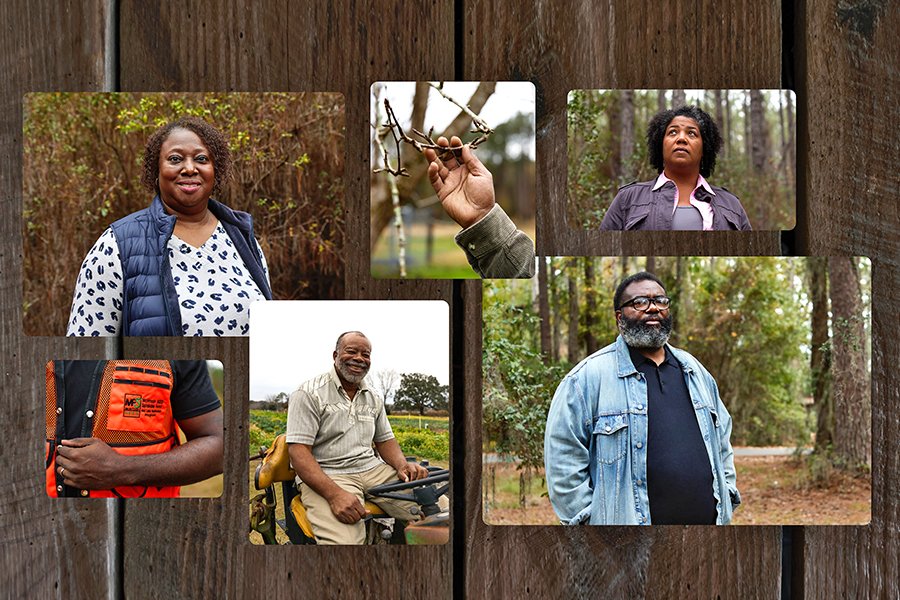
Apple partners with The Conservation Fund to promote sustainable forestry [PC: Apple]
Apple has partnered with The Conservation Fund to promote sustainable forestry, achieve racial justice and establish climate resilience in Georgia-based McIntosh County and beyond in the US.
Through workshops, trainings and community-centric programming, McIntosh S.E.E.D.’s Sustainable Forest & Land Retention programme is developing a shared strategy for BIPOC (Black Indigenous and People of Colour) land retention and improved climate practices that can be scaled throughout the region. By harnessing the thousands of family-owned farms and forests, and Black institutional landowners, primarily churches and historically Black colleges and universities, their efforts will help address climate change, supporting best practices for climate resilience and adaptation on privately held land.
“To promote justice and address climate change, we have to share resources and partner with organisations that have real on-the-ground expertise,” said Lisa Jackson, Apple’s Vice President of Environment, Policy and Social Initiatives. “I’ve always believed the most powerful solutions come from centering the most vulnerable communities, not ignoring them. In places like McIntosh County, families are coming together to preserve the land that sustains all of us.”
Situated on the southern coast of Georgia, McIntosh County is indicative of several Southern BIPOC communities McIntosh S.E.E.D. is working to preserve.
“The loss of forests both to development and being converted out of forests results in the release of significant carbon. This contributes to climate change, and also reduces the land’s ability to respond and adapt to climate change,” stated Evan Smith, The Conservation Fund’s Senior Vice President of Conservation Ventures.
The McIntosh S.E.E.D.’s Sustainable Forest & Land Retention programme’s 1,148-acre forest was acquired in 2015 in partnership with The Conservation Fund and is the first Black-owned community forest in the US. Through the educational work it does onsite, the non-profit aims to amplify the voices of Black and Brown landowners in the conservation movement.
“We wanted a place where we could actually bring landowners, a demonstration site where they could see conservation practices, putting the landowner in a place of empowerment,” added Cheryl Peterson, McIntosh S.E.E.D.’s Assistant Managing Director.
McIntosh S.E.E.D.’s work has also included addressing the impact of climate change from severe drought and extreme heat that has led to lost crops to stronger and more frequent tropical storms and hurricanes that force people to evacuate.
“It starts with education around climate – how it affects them, their land, and the community, but also how do we as landowners play a role in climate change and become better stewards of that,” concluded John Littles, Executive Director, McIntosh S.E.E.D.